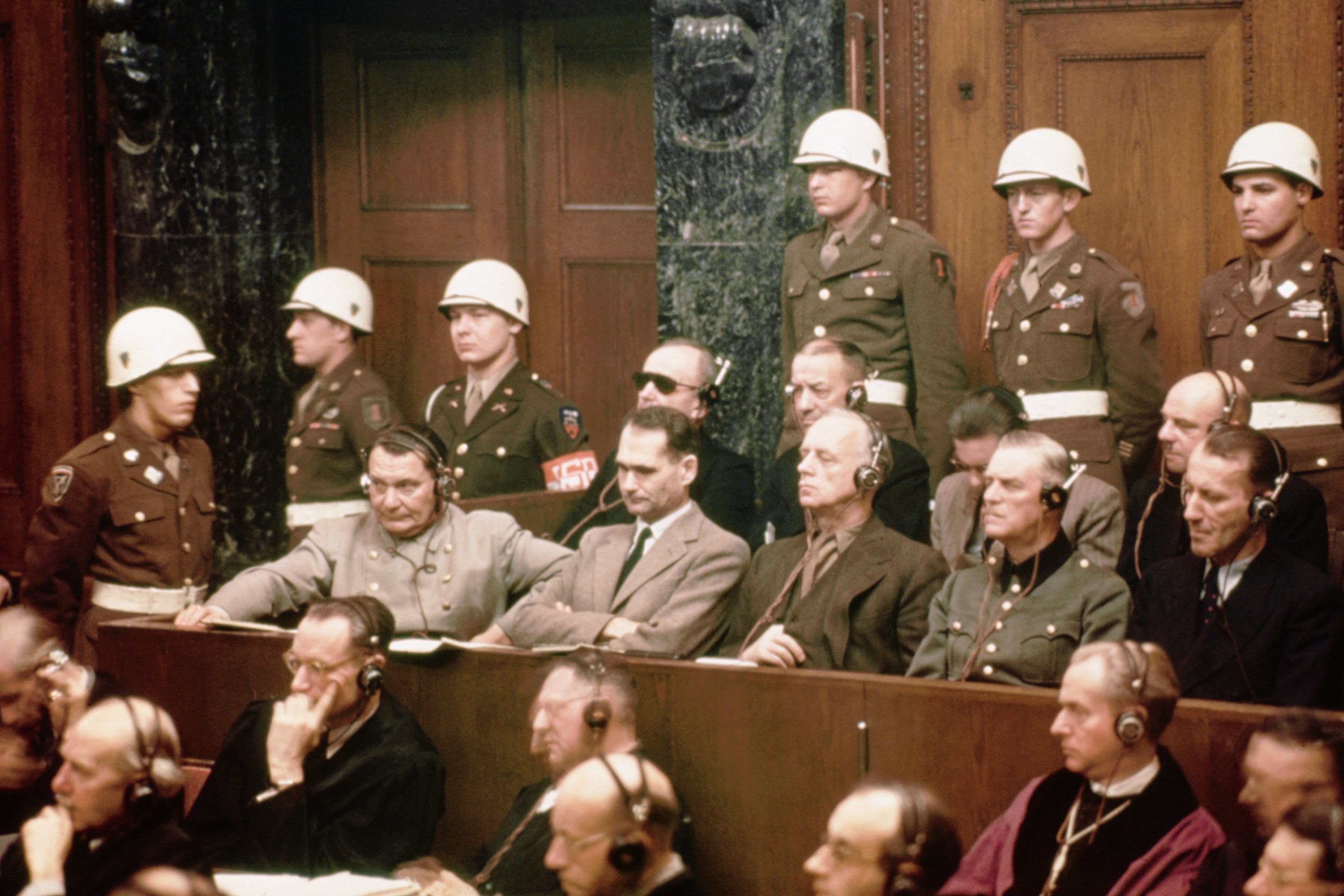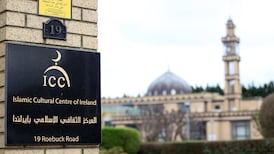Tensions have surfaced across the political spectrum in recent days over how to speak about the large numbers of people continuing to come to Ireland. Tánaiste Simon Harris declared last week that immigration numbers are too high. He coupled this with criticism of slow enforcement of deportation orders for those refused international protection. His comments were swiftly denounced as a populist dog whistle by some members of the Opposition.
Whether deliberate or not, Harris’s initial intervention blurred the lines between two serious issues. One concerns the demographic pressures facing housing, services, and infrastructure, driven in part by record inward migration. The other involves the system for handling asylum applications, which has long frustrated governments and left applicants in limbo for years. The conflation of the two was unhelpful, particularly against a backdrop of criminal attacks on international protection accommodation centres.
Modern migration is complex and multi-faceted. Many arrivals have the right to free movement from EU member states or the UK. Nobody, apart from a fringe minority, is advocating that this should change. Other immigrants are here on permits to work in sectors where there are labour shortages or specific skills are required. Others again are applicants for international protection, often left waiting far too long for a decision while the State struggles to provide adequate accommodation. A substantial number of Ukrainian citizens have also been entitled to temporary protection since the Russian invasion in 2022.
Each of these pathways has distinct dynamics. Their numbers fluctuate in response to economic demand, global conflict, and domestic policy choices. In the case of those seeking international or temporary protection, Ireland has both legal obligations and an ethical imperative to offer safety to people fleeing persecution and war.
READ MORE
It is possible, indeed necessary, to uphold those obligations while also seeking reforms that speed up decision-making and ensure outcomes are acted upon. Equally, the work and study permit system should be kept under regular review. While Minister for Finance Paschal Donohoe points correctly to the contribution permit holders make to the economy and essential services, there is room for legitimate debate about the policy approach.
Shorthand slogans do little to illuminate these complexities. Defenders of the Tánaiste’s comments warn against attempts to silence debate. Open discussion is certainly vital; experience elsewhere shows that suppressing it only fuels extremism. But generalisations that treat all immigrants as a single group also risk emboldening those who have an ethno-nationalist agenda. And they lose sight of the fact that this conversation is about people who simply wish to make their lives in Ireland and contribute to its flourishing.












